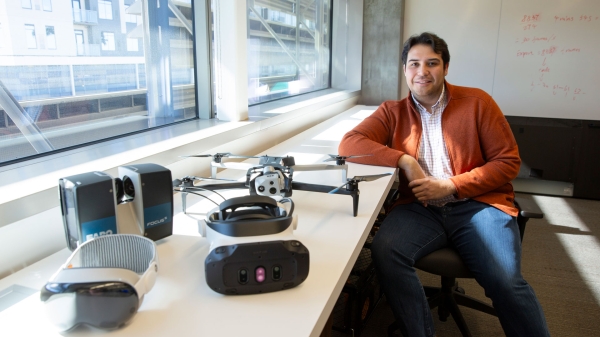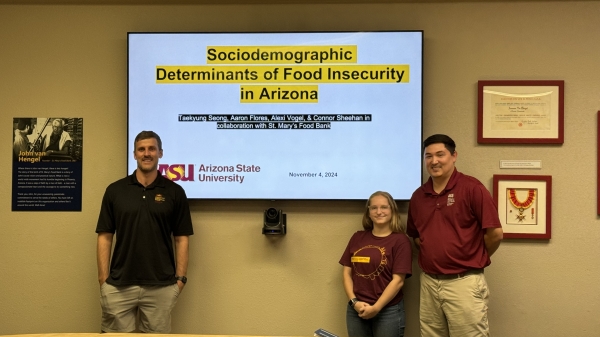ASU study examines psychological benefits of religion

A new study from ASU researchers published in Perspectives in Psychological Science has shown that while religion is important, the psychological benefits are not necessarily unique. Photo by Ali Arapoğlu/Pexels
Nearly 75% of Americans are religious, but this number has been steadily decreasing.
Psychologists who study religion have focused on how being religious can positively impact qualities like morality and self-control in addition to health and well-being.
A new analysis from the Arizona State University Department of Psychology, published in Perspectives in Psychological Science, has examined whether these benefits of religion are unique to practicing religion or to being religious. The study shows that while religion is important, there is not strong evidence supporting that certain effects of religion are special.
“A lot of the world is becoming less religious, and it is important to know whether there are things religions can do that cannot be replaced or if we can replace them with secular counterparts,” said Jordan Moon, first author on the paper and a recent graduate of the psychology doctoral program at ASU.
To assess whether some of the effects of religion are special, the research team examined how religion affected morality, self-control, anxiety about dying, and health and well-being. They then asked whether those benefits could happen in another way.
“Asking whether religion is special does not mean religion is good or bad – it just means religion might be doing something unique. Understanding how religion achieves outcomes is important,” said Adam Cohen, professor of psychology at ASU. “If God is blessing you, that is something that cannot be replicated through secular means. But if what is important about some of the effects of religion is that it embeds you in a community of people who care about you, that is useful to know.”
For example, people who believe in divine punishment exhibit more prosocial behavior, or act in ways that benefit other people beyond themselves. However, the researchers found evidence that reminding people of the police has similar effects.
“Studies on religion that find effects based on reminding people of religious concepts have not ruled out that religion is unique in that ability; most lack appropriate controls or comparisons,” Moon said. “There are situations where there seem to be parallel mechanisms, such as punishment from God or the government both keeping people in line.”
The researchers found it could be possible that religion creates unique health benefits. Moon and Cohen said some studies report that religious people live longer. Others studies have calculated that the effect of regular attendance at religious services on health is similar in magnitude to statins, a class of drugs used to control cholesterol.
Dave MacKinnon, professor of psychology at ASU, and Kristin Laurin of the University of British Columbia also contributed to the study. This work was funded by the Department of Defense and the National Institutes on Drug Abuse.
More Science and technology

Teaching construction realities with virtual environments
Visiting a construction site is a valuable learning opportunity for students who want to one day work in the industry.…
ASU, Mexico partner to build next generation of chipmakers, drive semiconductor innovation
Thousands of college students in Mexico will soon have the opportunity to enroll in Arizona State University’s new, free online…

ASU, St. Mary’s Food Bank partner to tackle food insecurity in Arizona
Arizona State University and St. Mary’s Food Bank (SMFB) have joined forces to create an interactive data dashboard that tracks…